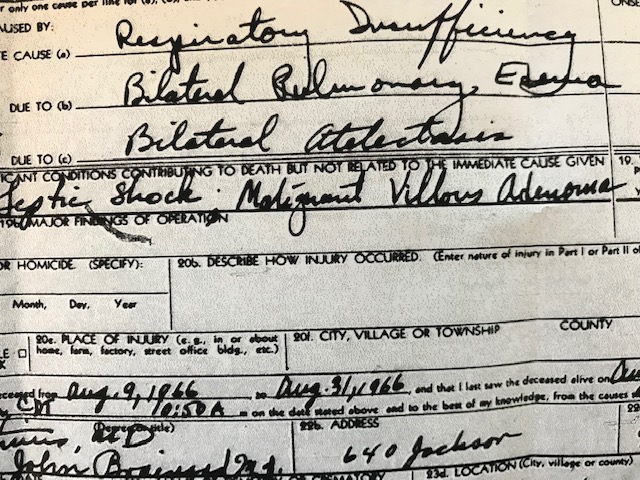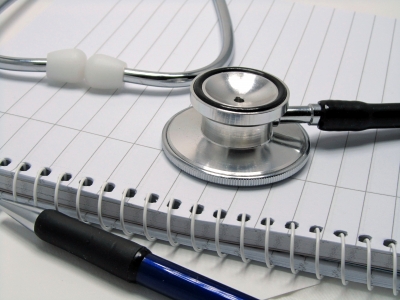When I began my adoption search years ago, I wanted to uncover the names of my birth parents and find out everything I could about my biological mother and father — how they had met, what they had done for a living, their interests, hobbies, talents, political leanings, quirks, whatever I could find out.
Oddly enough, I was not concerned with family medical history. Learning about diseases and medical conditions that affected my blood relatives was not a priority, which makes me different from other adopted people. Understandably, not knowing their medical history, not being able to pass along the information to their children troubles adoptees. Not me, at least not when I started to search. Back then I just wanted to find out who my parents were and whether I had any bio brothers and sisters.
Adoptee (Finally) Sees Value of Family Medical History
Now however I realize family medical history would be good to know so that I can be informed about my healthcare needs. My goal is to become a real grownup and this week, I did a grownup thing. I scheduled a dental appointment and a mammogram without prodding from anyone else. Now I realize this is not remarkable for mature adults who take care of themselves but for me it’s a good start since I tend to drag my feet when it comes to seeing doctors. In the past, my husband, Tom, who is conscientious about his healthcare, has had to kick my butt to get me to schedule routine appointments. This time, I made the appointments with no husband nudging. I am trying to change.
Adults should know their family medical history. After all, doctors expect us to be able to answer questions about the occurrence of diseases among our relatives. A patient’s family medical history can help doctors make accurate diagnoses and smarter recommendations for screenings or treatments.
And since I’m getting up there in age and have a son, Jake, who should know about potentially inheritable diseases, I figure it’s time to learn the facts about the illnesses and conditions that have affected my blood relatives.
Adoptees Face Challenges to Learn Medical History
But this task is difficult when you’re adopted. Unlike people who grow up with bio families, adoptees face challenges related to adoption secrecy. In my case, I grew up not knowing I was adopted. Had I asked Mom and Dad about their family medical histories, the information would have been meaningless. After all my parents were biologically unrelated to me. It was just seven years ago that I learned my birth mother’s identity and that metastatic breast cancer caused her to die at the age of 48.
Since then, I’ve learned a few other things. I know the diseases that caused the deaths of my birth mother and birth father and the history of mental illness that affected my mother and some of her close relatives. From talking to first cousins on my dad’s side, I learned about the medical issues they’ve dealt with, and other diseases that affected their relatives.
Death Certificates Shed Light on Health Conditions
To learn more about my family medical history, I am digging up death certificates for grandparents, aunts and uncles. I purchased a copy of my maternal grandfather George’s death certificate ($9 to the Minnesota Historic Society) and found death certificates for my maternal grandmother, Susan, and an aunt, in Ancestry’s database.

I mailed a request for my uncle Eric’s death certificate ($13 to the Hennepin County Department of Vital Records). Online I filled out a request for uncle Chuck’s death certificate ($9 to the Minnesota Historic Society).
In addition to the immediate cause of death, the certificates reveal medical conditions and underlying causes that contributed to death. Death certificates reveal interesting facts about the deceased. I learned from his death certificate that my maternal grandfather, George, had worked as a “yardman.” George had lived in St. Paul, Minnesota for at least 30 years.
I’d love to hear from readers who overcame obstacles to uncover their family medical history. Please post comments in the comments section!


This is soooo important! I know I need to stay away from smoking and not to work in coal mines.
Sounds like respiratory problems run in your family? You’re right about family health history being important. People who don’t know are at a disadvantage.